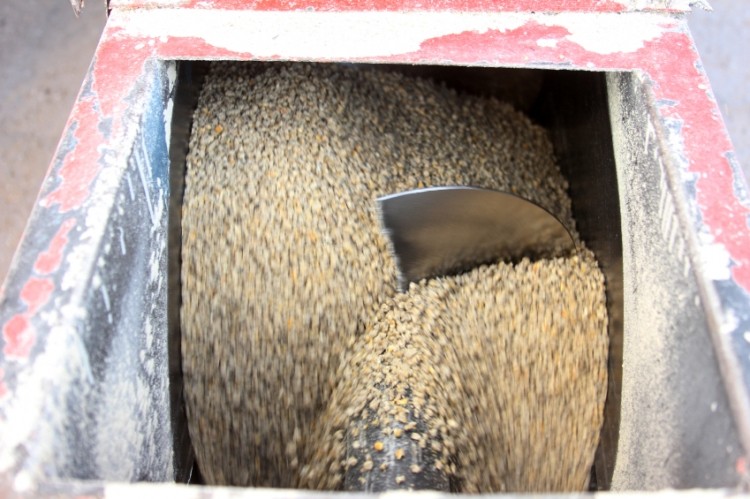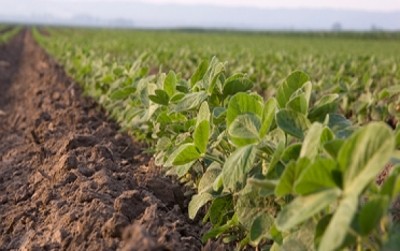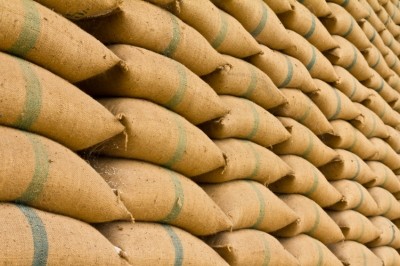GrainCorp seeks to expand Canadian grain, feed footprint

The Australian-based agri-business giant is to build grain and oilseed storage, handling and distribution sites in Alberta and Saskatchewan. The work is part of a joint venture with animal feed compounder, Zen-Noh Grain Corporation, a subsidiary of the Japanese agricultural cooperative Zen-Noh or the National Federation of Agricultural Cooperative Associations.
Each party will invest CAD $30m (about US$23m) for the start-up phase of the project, including the construction, said the companies. The joint venture will then look to add CAD$60m of borrowed capital.
The joint venture shores up GrainCorp's growth strategy, said a company spokesperson.
“It aligns us with Zen-Noh, one of the world’s largest agricultural cooperative organizations,” the GrainCorp spokesperson told FeedNavigator. “It is an exciting opportunity that allows us to deepen our relationships with international customers, and we are growing our grain origination capability.”
He said the Japanese company brings its experience and customer relationships both in exporting agricultural commodities from North America and importing to several Asian destinations to the venture.
GrainCorp already operates two container loading sites and a malting business from a site in Calgary, where the joint venture will be based.
GrainCorp acquired the malting company in 2009, said the spokesperson. Awareness of the region let to the decision to engage in the joint venture.
“It made sense for us to invest in the area,” he said. “It is known to have good quality grain and a reliable harvest that supports a long term investment like this.”
Facility details
The project is set to see the start of construction later this year, the spokesperson said. The first site is expected to be operation before the 2017 harvest and the entire project should be concluded in 2018.
“These sites will be part of a fully integrated supply chain for the origination, marketing, storage, handling, distribution and exporting of Canadian grain and oilseed,” said officials.
Each site is expected to be about 200 acres and will be able to process up to 35,000 metric tons, said the spokesperson.
“The sites will be supported by a 120 train car loop to enable easy loading,” he said.












